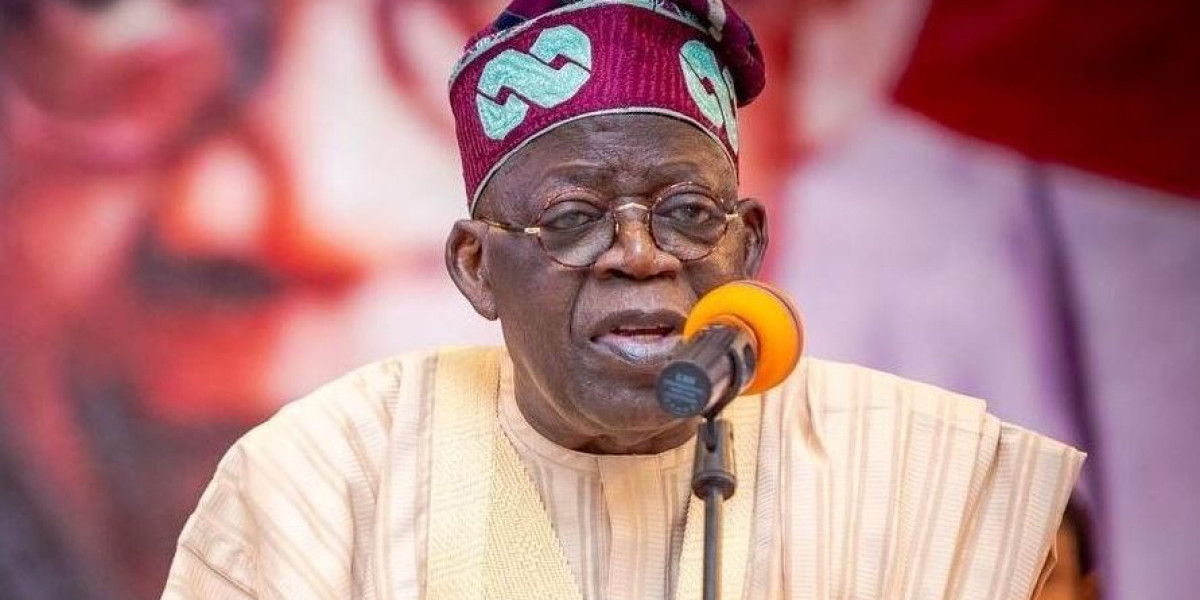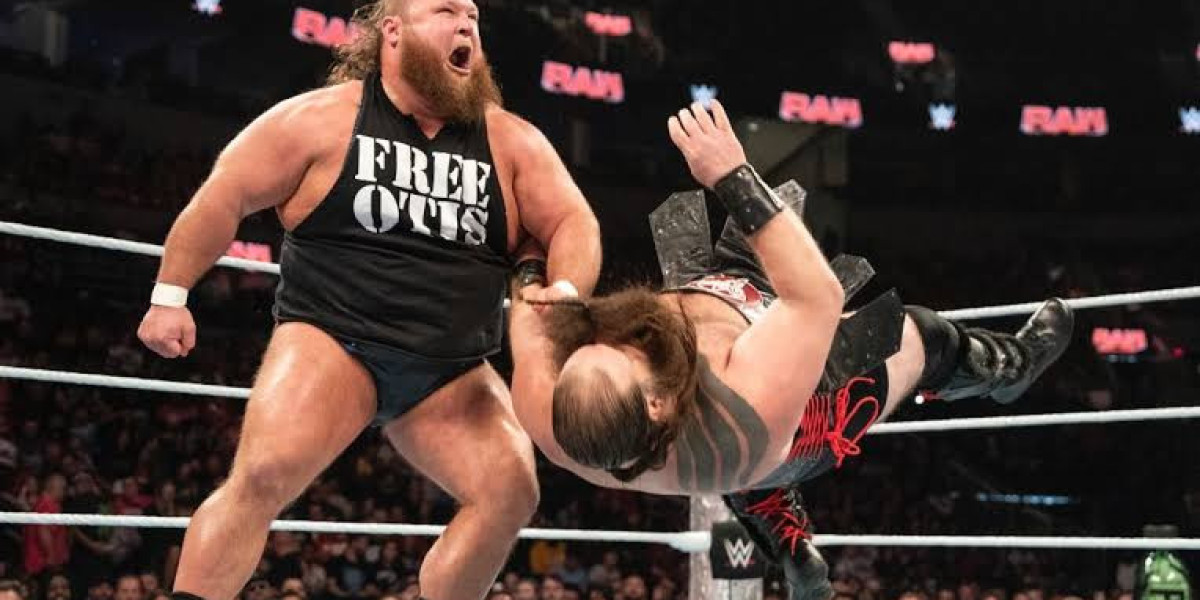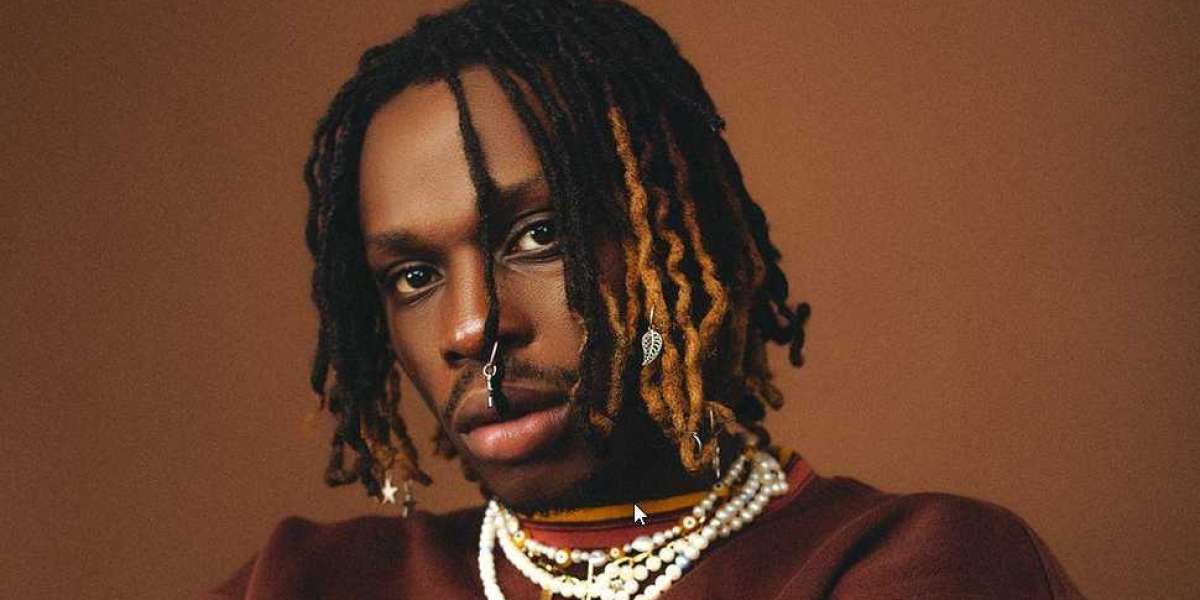Bola Tinubu is one of the most influential and controversial figures in Nigerian politics. He is the 16th and current president of Nigeria, having won the 2023 presidential election as the candidate of the All Progressives Congress (APC). He was previously the governor of Lagos State from 1999 to 2007, and a senator for Lagos West in the Third Republic. He is also widely regarded as the leader of the APC and the godfather of many prominent politicians in the country.
In this blog post, we will explore the life and times of Bola Tinubu, from his humble beginnings to his rise to power and his achievements and challenges as president.
Early Life and Education
Bola Tinubu was born on March 29, 1952, in Lagos, into the merchant family of Abibatu Mogaji, the Ìyál’ọ́jà of Lagos. He is of the Yoruba ethnic group and a Muslim. He attended St. John’s Primary School, Aroloya, Lagos before proceeding to Children Home School in Ibadan.
He moved to the United States in the mid-1970s, where he worked at various jobs while he completed his college education. He graduated from Chicago State University in 1979 with a Bachelor of Science degree in Accounting. He then worked as an accountant with various U.S. consulting firms.
He returned to Nigeria in the 1980s and joined Mobil Oil as an auditor, later rising to the position of treasurer. He married his wife, Oluremi Tinubu, in 1987. They have six children.
Political Career
Tinubu entered politics in 1992, when he ran for the Lagos West senatorial seat under the banner of the Social Democratic Party (SDP). He won the election and became a member of the Senate. However, his tenure was cut short in 1993, when the military head of state, Sani Abacha, annulled the presidential election and dissolved the Senate.
Tinubu became an activist and a leader of the National Democratic Coalition (NADECO), a pro-democracy movement that campaigned for the restoration of democracy and the recognition of the June 12, 1993 election, which was widely believed to have been won by Moshood Abiola. Tinubu was arrested and detained by the Abacha regime for his involvement in NADECO. He later fled into exile in 1994, where he continued to mobilize support for the democratic cause. He returned to Nigeria after Abacha’s death in 1998.
In 1999, Tinubu contested and won the Lagos State gubernatorial election as a member of the Alliance for Democracy (AD). He was re-elected in 2003. As governor, he was credited with improving the state’s finances, infrastructure, education, health, and security. He also initiated several urban renewal and development projects, such as the Bus Rapid Transit system, the Lekki Free Trade Zone, and the Eko Atlantic City. He also faced several challenges, such as the frequent clashes with the federal government over revenue allocation, resource control, and local government creation.
After leaving office in 2007, Tinubu remained a dominant force in Lagos and national politics. He was instrumental in the formation of the Action Congress of Nigeria (ACN) in 2006, which later merged with other opposition parties to form the All Progressives Congress (APC) in 2013. He was widely regarded as the kingmaker and the national leader of the APC, as he played a key role in the emergence of Muhammadu Buhari as the presidential candidate of the APC in 2015 and 2019, and the selection of Yemi Osinbajo and Kashim Shettima as his running mates. He also supported and sponsored many of his loyalists and protégés to various elective positions at the state and federal levels.
In 2023, Tinubu declared his intention to run for the presidency of Nigeria, after Buhari’s second term ended. He faced a fierce contest within the APC, as he had to contend with other aspirants, such as Nasir El-Rufai, Kayode Fayemi, and Rotimi Amaechi. He eventually emerged as the consensus candidate of the party, with Shettima as his running mate. He also faced a strong challenge from the main opposition party, the People’s Democratic Party (PDP), which fielded Atiku Abubakar and Peter Obi as its presidential and vice-presidential candidates.
The 2023 presidential election was one of the most competitive and controversial in Nigeria’s history. It was marred by allegations of rigging, violence, and intimidation. Tinubu and his supporters accused the Independent National Electoral Commission (INEC) of being biased and compromised, while Abubakar and his supporters alleged that the APC used the security agencies and the judiciary to manipulate the process. The election results were disputed and challenged in court by both sides.
After several months of legal battles, the Supreme Court upheld Tinubu’s victory and dismissed Abubakar’s petition. Tinubu was sworn in as the 16th president of Nigeria on May 29, 2023. He promised to unite the country, fight corruption, improve the economy, and tackle the security challenges posed by Boko Haram, bandits, and separatists.
Achievements and Challenges as President
Tinubu’s presidency has been marked by some achievements and challenges. Some of his notable achievements include:
Launching the Economic Recovery and Growth Plan (ERGP), a comprehensive and ambitious economic reform program that aims to diversify the economy, create jobs, improve infrastructure, and reduce poverty.
Signing the Petroleum Industry Bill (PIB), a long-awaited legislation that seeks to overhaul the oil and gas sector, enhance transparency, accountability, and local participation, and increase the revenue of the government and the host communities.
Implementing the National Social Investment Program (NSIP), a flagship social welfare scheme that provides cash transfers, school feeding, microcredit, and skills training to millions of poor and vulnerable Nigerians.
Establishing the Presidential Infrastructure Development Fund (PIDF), a special fund that finances critical and strategic infrastructure projects, such as the Second Niger Bridge, the Lagos-Ibadan Expressway, and the Abuja-Kaduna-Kano Highway.
Strengthening the anti-corruption agencies, such as the Economic and Financial Crimes Commission (EFCC) and the Independent Corrupt Practices and Other Related Offences Commission (ICPC), and recovering billions of naira of looted funds and assets from corrupt public officials and private individuals.
Some of the challenges that Tinubu has faced or is facing include:
Dealing with the COVID-19 pandemic, which has infected over 300,000 Nigerians and killed over 10,000, as of February 2024. Tinubu has been criticized for his slow and inadequate response to the health crisis, as well as the poor management of the vaccine distribution and administration.
Containing the insecurity and instability in various parts of the country, especially in the North-East, where Boko Haram and Islamic State West Africa Province (ISWAP) terrorists have intensified their attacks on civilians and security forces, and in the South-East, where the Indigenous People of Biafra (IPOB) and the Eastern Security Network (ESN) have been agitating for secession and clashing with the military and the police.
Resolving the conflicts and crises within his own party, the APC, which has been plagued by factionalism, infighting, and defections. Tinubu has been accused of being authoritarian and dictatorial, and of imposing his loyalists and cronies on the party and the government. He has also faced opposition and resistance from some of his former allies and associates, such as Adams Oshiomhole, Rochas Okorocha, and Aminu Tambuwal.
Addressing the demands and grievances of various groups and regions, such as the Niger Delta militants, who have been clamoring for more resource control and environmental justice, the Middle Belt farmers and herders, who have been embroiled in violent clashes over land and water resources, and the South-West governors and leaders, who have been advocating for true federalism and regional autonomy.
Managing the relations and expectations of the international community, especially the United States, the United Kingdom, and the European Union, who have been expressing concerns and criticisms over the human rights situation, the democratic governance, and the rule of law in Nigeria. Tinubu has also been seeking to improve the cooperation and integration of Nigeria with other African countries, especially under the framework of the African Continental Free Trade Area (AfCFTA).
Bola Tinubu Awards and Honors
Bola Tinubu has received several awards and honors for his achievements in politics, business, and social service. Some of them are:
The Grand Commander of the Order of the Federal Republic (GCFR), the highest national honour in Nigeria, conferred by President Muhammadu Buhari in 2023.
The African Leadership Award, presented by the African Leadership Magazine in 2015, for his outstanding contributions to democracy, good governance, and development in Africa.
The ThisDay Newspaper “Man of the Year” award in 2003, for his exemplary performance as the governor of Lagos State and his role in the opposition movement against the then ruling party.
The Sumna cum laude, awarded by the Chicago State University in 1979, for scoring 3.54 out of possible 4.0 GP in his Bachelor of Science degree in Accounting.
The Outstanding Student’s Award, the University Scholar’s Award and the Certificate of Merit in Accounting and Finance, awarded by the Chicago State University in 1979, for his academic excellence and leadership skills.
These are some of the awards and honors that Bola Tinubu has received in his illustrious career. He is widely regarded as one of the most influential and respected leaders in Nigeria and Africa.
Controversy And Activism Of Bola Tinubu
Bola Tinubu, the president of Nigeria, has been involved in many controversies and activism throughout his political career. Some of them are:
Age controversy: Tinubu has been accused of lying about his age and date of birth. His official biography states that he was born on March 29, 1952, but some sources claim that he was born in 1950 or 1951. His critics allege that he falsified his age to avoid the mandatory retirement age of 60 for public servants when he was the governor of Lagos State.
Certificate controversy: Tinubu has also been accused of forging his academic certificates and impersonating another person. His opponents claim that he did not attend the Government College Ibadan and the Chicago State University, as he claimed in his INEC form and affidavit. They allege that he used the certificates of one Sunday Afolabi, who shared the same name with him. They also claim that he did not lose his university degree certificate while in exile, as he stated, but that he never had one.
Corruption controversy: Tinubu has been accused of being corrupt and amassing enormous wealth through illegal means. His critics allege that he owns several properties and businesses in Nigeria and abroad, which he acquired through fraud, money laundering, and tax evasion. They also allege that he controls the finances of Lagos State, despite not being the governor, and that he uses his influence to award contracts and appointments to his loyalists and cronies.
Running mate controversy: Tinubu has been criticized for choosing a fellow Muslim as his vice-president, Kashim Shettima, a former governor of Borno State. His critics argue that this goes against the tradition of having a balanced religious ticket in Nigeria, where the president and the vice-president are usually from different faiths. They claim that this shows Tinubu’s disregard for the religious diversity and sensitivity of the country, and that it could fuel ethnic and religious tensions and conflicts.
Activism: Tinubu has also been praised for his activism and his role in the struggle for democracy and good governance in Nigeria. He was a leader of the National Democratic Coalition (NADECO), a pro-democracy movement that campaigned for the restoration of democracy and the recognition of the June 12, 1993 election, which was annulled by the military regime of Sani Abacha. He was arrested and detained by the Abacha regime for his involvement in NADECO, and later fled into exile, where he continued to mobilize support for the democratic cause. He returned to Nigeria after Abacha’s death in 1998.
What Is Bola Tinubu Net Worth?
Bola Tinubu’s net worth is estimated to be around $4 billion, according to various sources. He is considered to be the second richest politician in Nigeria, after former vice-president Atiku Abubakar.
Tinubu’s wealth comes from his involvement in politics, business, and real estate. He has served as the governor of Lagos State, the senator for Lagos West, and the president of Nigeria. He also owns several properties and businesses in Nigeria and abroad, such as Oando PLC, TV Continental, The Nation Newspaper, Oriental Hotel, and Alpha Beta Consulting.
Conclusion
Bola Tinubu is a remarkable and influential leader who has shaped the political landscape of Nigeria for over two decades. He has risen from a humble background to become the president of Africa’s most populous and largest economy.










